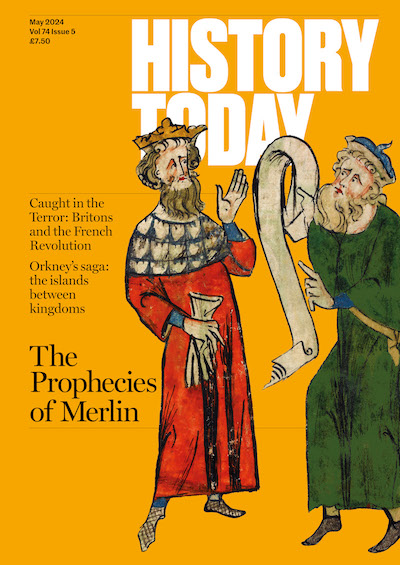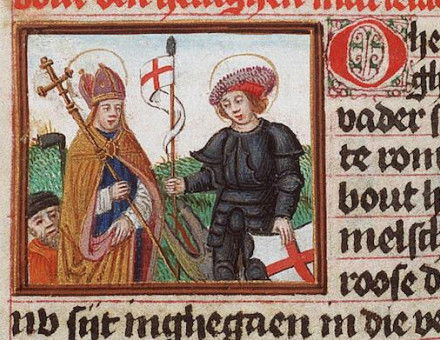Fictory or Faction?
Paul Dukes welcomes the current boom in historical fiction - but says novelists need to ground their stories in a soil of solid fact.
At the end of his novel Captain Corelli’s Mandolin Louis de Bernières adds an Author’s Note that begins ‘I have tried to be as true to history as possible’. He goes on to express his particular indebtedness to Dennis Mack Smith’s biography Mussolini and other works concerned with what actually happened in Greece and Italy during the Second World War. This is no isolated example, since it is by no means unusual nowadays for novelists to make some mention of the research that they have done in preparation of their works of fiction. Quite often, moreover, they receive critical acclaim for their success in recreating the atmosphere of a particular period or some historical figure. Indeed, a whole new genre has arisen in recent years – ‘faction’ – in which novelists incorporate carefully researched historical material seamlessly into their imaginative reconstruction of the past. Many readers have found this preferable to what, in spite of all its imperfections, we might dare to call the real thing – academic history.





